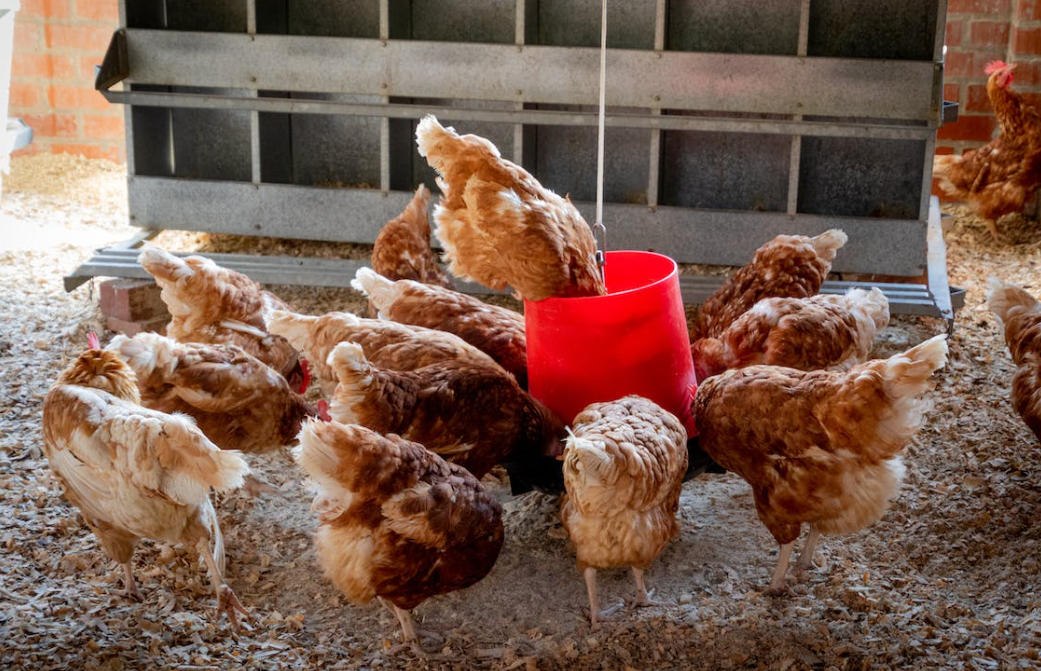Avian influenza virus, otherwise known as bird flu, has now spread to Ireland’s indigenous bird populations, according to the chief veterinary officer with the Department of Agriculture, Environment and Rural Affairs (DAERA), Robert Huey.
The DAERA representative spoke at A poultry conference, hosted earlier this week by the Ulster Farmers’ Union (UFU).
He cited the recent death of guillemots on Rathlin Island in Co. Antrim, which had been attributed to bird flu, as a case in point.
This development, according to Huey, means that reservoirs of the virus are now remaining in Ireland throughout the year.
Bird flu
As a consequence, the arrival of migrating birds each autumn is now adding to a virus-related threat that already exists, hence the exponential rise in poultry-related disease outbreaks across the UK and Ireland over recent weeks.
Huey reminded conference delegates that vaccination in poultry had been ruled out, up to this point, because of the impact such a development would have on exports.
However, the reality now is that bird flu is an international challenge for the global poultry industry he admitted.
Vaccination would entail birds being injected twice, after which, it will take up to three weeks for an adequate level of immunity to develop.
Huey cited the logistics involved as being of a magnitude that would deter commercial poultry flock owners from wanting to go down the road of vaccination.
However, he felt that vaccination could be used to protect grandparent stock and populations of exotic birds that might be close to extinction.
“But vaccination is not a silver bullet. It is unlikely to deliver complete protection for poultry farmers and their flocks.
“However, a combination of vaccination and improved biosecurity measures on farms would help the poultry sector minimise the threat, which the current strains of avian influenza now represent.
“Vaccination is not a practical option for the 2022/2023 avian flu season. But it may be a possibility at some stage down the line,” he said.
Biosecurity
According to DAERA’s chief veterinary officer, maintaining the highest possible levels of biosecurity on farms remains the most effective way of keeping bird flu at bay.
“Birds landing on the roofs of poultry units, vermin and even workers travelling from farm to farm represent possible sources of avian flu infection,” he said.
“Flock owners must constantly update their biosecurity measures. There is absolutely no room for complacency.
“Veterinary advice should also be sought on a regular basis to ensure that all possible steps are being taken to keep avian flu out,” he concluded.
